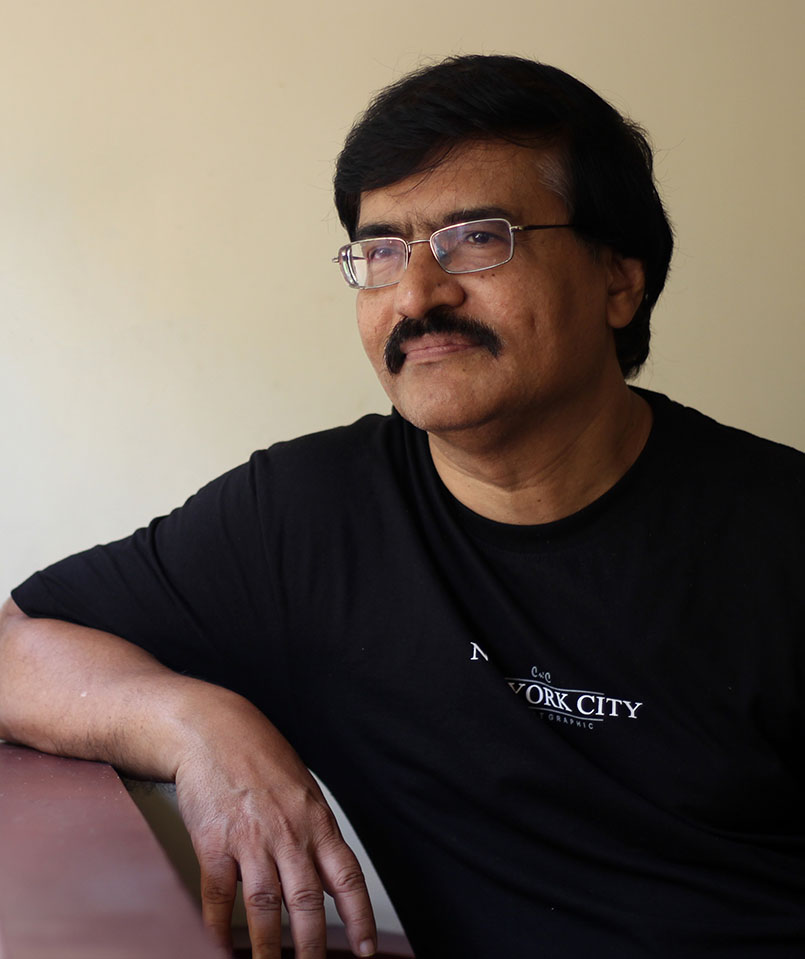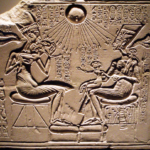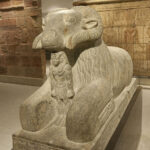“Everybody is a genius. But if you judge a fish by its ability to climb a tree,
it will live its whole life believing that it is stupid.”
– Albert Einstein?
Introduction
 |
| Nature Vs. Nurture |
This post is an attempt to answer that question by examining the lives of two people blessed with exceptionally high levels of IQ. These people are Chris Langan and Robert Oppenheimer.
Christopher Michael Langan
We might wonder why the university authorities had so mindlessly dismissed the simple request for a session change from such a promising youngster. The fundamental issue was his lack of tact in dealing with people and situations. Here is an instance revealing it. Chris Langan was exceptionally good in maths. So he questioned his Calculus teacher at Montana about the way he took classes. He chased the teacher down to his office and asked, “Why are you teaching this way? Why do you think this practice relevant to calculus?” The teacher turned to him and said coldly, “Some people simply do not have the intellectual power to be mathematicians”. In his entire conversation with his calculus teacher, he miserably failed to communicate the truth that he was a maths wizard.
Julius Robert Oppenheimer
Can Intelligence Be Injurious To Life?
Langan had no occasion to learn to respect authority. His learning was to distrust and resent authority. He did not know how to negotiate effectively or turn situations to his advantage. He did not have the skill to use exceptional levels of IQ to his advantage. Without it, the power of his IQ could only hurt him. And that is exactly what happened in his life.
Let me now conclude. IQ is a measure of innate ability, although its heritability is put at around 50% by most estimates. We tend to think that people born with exceptionally high IQ would eventually become exceedingly successful people in their lives. If this thinking is true, we would have been reading a completely different story on the life of Chris Langan.
People apparently need something beyond the sheer power of intellect in order to succeed in life. Psychologist Robert Sternberg calls this essential ingredient of success as ‘Practical Intelligence’, which, according to him includes things like “knowing what to say to whom, knowing when to say it, and knowing how to say it for maximum effect.” Practical Intelligence is about knowing how to do something without necessarily knowing why you know it or being able to explain it.
Oppenheimer was blessed with a very high level of general IQ and the benefit of an ecology that taught him ‘Practical Intelligence’. Christopher Langan never had the advantage of the ecology to learn the skill of ‘Practical Intelligence’. That made the difference. And that had one him in.
In the ultimate analysis, it might not wrong to conclude that Chris was a man ruined by his prodigious IQ. And to some, intelligence can indeed be injurious to life…













It's an interesting article on the role of IQ in success in life, but I believe its title is misleading. Intelligence is one of the many attributes a person has, and the use he puts it to depends on many factors, external and internal. That's why we talk about the need to possess wisdom, to have adequate EQ, or to develop self control, for instance,
At another level, we must remember that every person is much more than the sum of his or her observable attributes. Yes, I'm referring to the spiritual dimension of life, and the laws that is subject to, including the concept that almost everything is predetermined, which has been staring the scientists studying the quantum world in the eye for a while now.
@HP
Thank you for your valuable observations.
Yes Sir. I admit that the title is rather misleading. To be honest, I tried some that were more appropriate for the content. But I was not happy with its power to attract reader attention.
I fully agree that people are much more than the sum of their observable attributes. 'Practical Intelligence' covers many dimensions of intelligence including Emotional, Spiritual and Social Intelligence. I am planning to discuss these in a later post.
I once again thank you for sparing the time to read and comment.
Regards,
gkutty
Very interesting and informative article that surely might attract ambitious youngsters.why not you extend your service to schools
@Saramma Thomas Thank you for reading and commenting. As regards your suggestion, perhaps, there are already too many 'motivational speakers' around… May be, it is an option that could be considered if the opportunity come knocking… Regards.